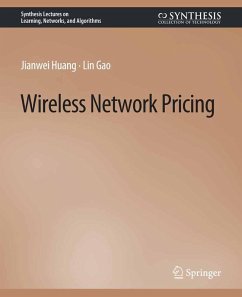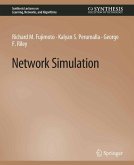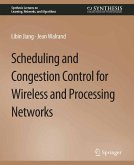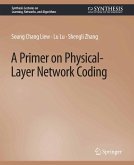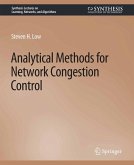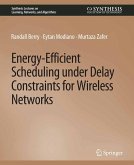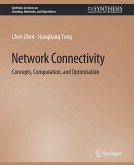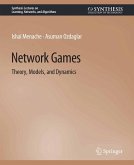Today's wireless communications and networking practices are tightly coupled with economic considerations, to the extent that it is almost impossible to make a sound technology choice without understanding the corresponding economic implications. This book aims at providing a foundational introduction on how microeconomics, and pricing theory in particular, can help us to understand and build better wireless networks. The book can be used as lecture notes for a course in the field of network economics, or a reference book for wireless engineers and applied economists to understand how pricing mechanisms influence the fast growing modern wireless industry. This book first covers the basics of wireless communication technologies and microeconomics, before going in-depth about several pricing models and their wireless applications. The pricing models include social optimal pricing, monopoly pricing, price differentiation, oligopoly pricing, and network externalities, supported by introductory discussions of convex optimization and game theory. The wireless applications include wireless video streaming, service provider competitions, cellular usage-based pricing, network partial price differentiation, wireless spectrum leasing, distributed power control, and cellular technology upgrade. More information related to the book (including references, slides, and videos) can be found at ncel.ie.cuhk.edu.hk/content/wireless-network-pricing.
Dieser Download kann aus rechtlichen Gründen nur mit Rechnungsadresse in A, B, BG, CY, CZ, D, DK, EW, E, FIN, F, GR, HR, H, IRL, I, LT, L, LR, M, NL, PL, P, R, S, SLO, SK ausgeliefert werden.

